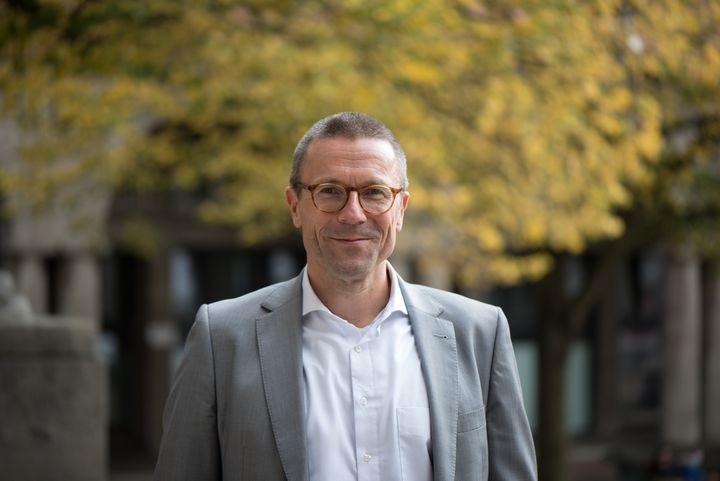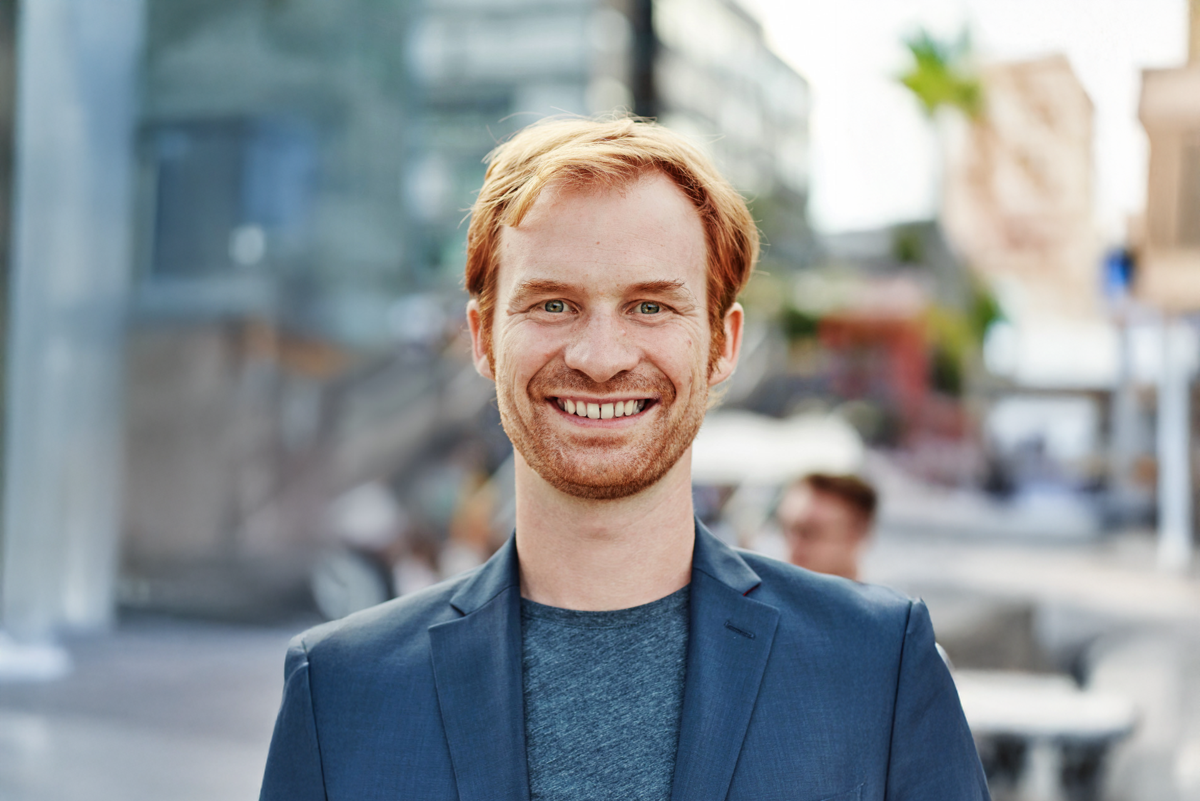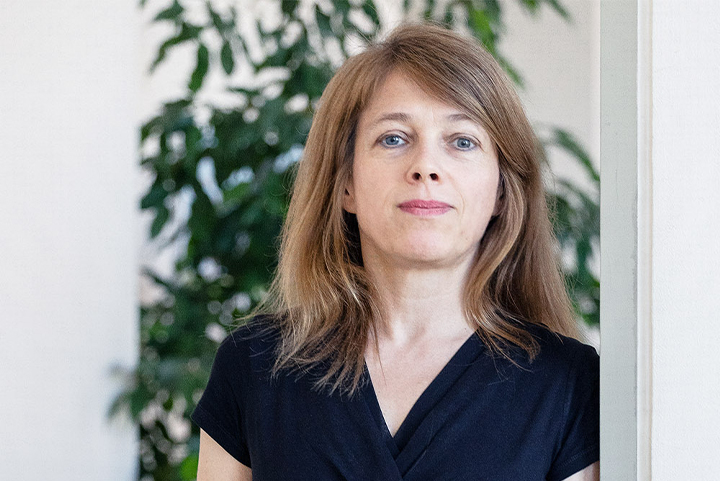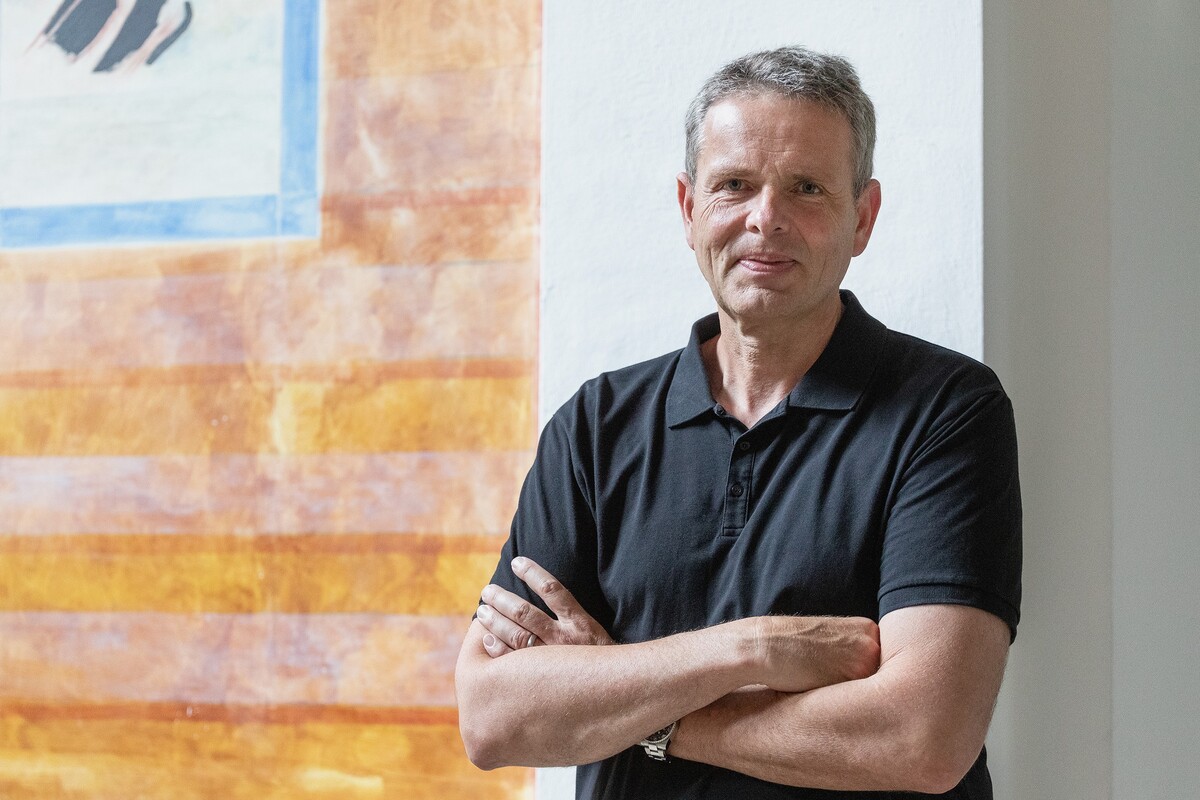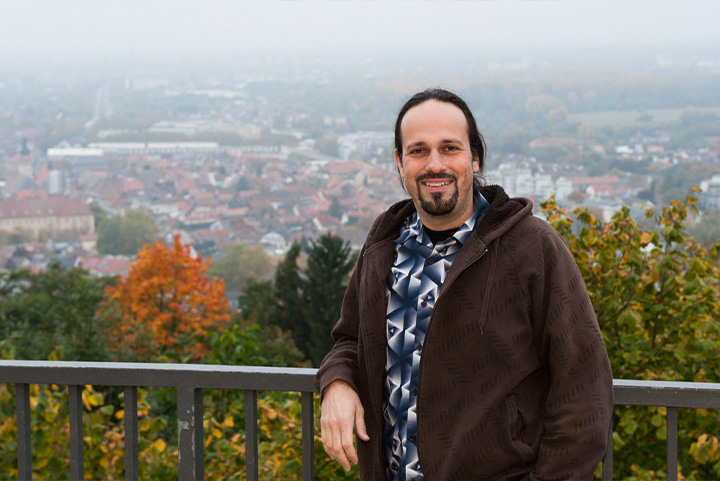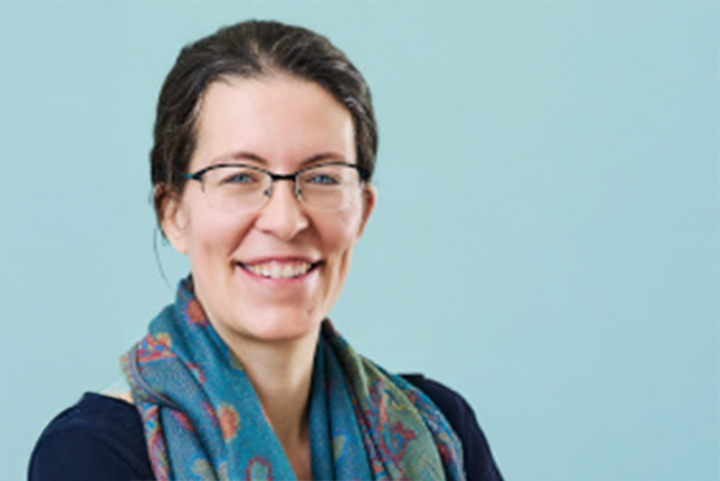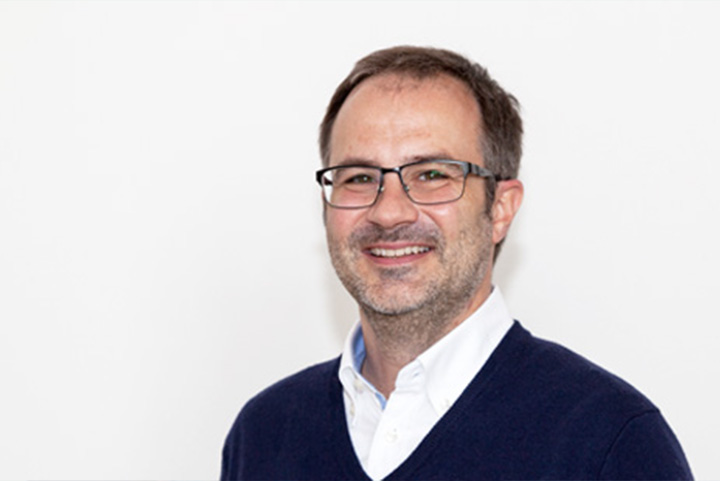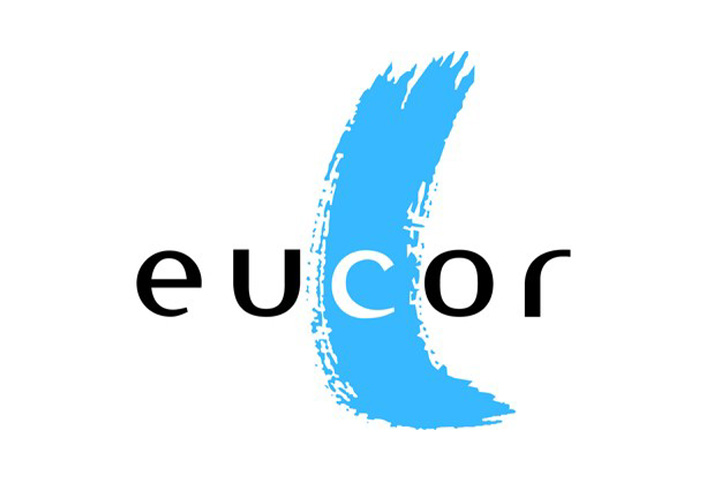Conference Theme
Climate Protection & Adaptation
Climate change is increasingly manifesting in urban areas through urban heat islands, heavy rainfall and air pollution. The focus is on how urban climate observations and data analysis can contribute to climate change adaptation and support decision-making and transformation in this challenging area.
Mobility and Urban Space
The transformation of the transport sector is central to achieving national climate protection targets. Fields of action can be alternative transport systems, sustainable forms of mobility, and the effects of digitalization on urban space. Contributions to real-world laboratories and autonomous driving are particularly welcome here.
Water and Urban Ecology
Urban ecosystems are at the center of a sustainable urban climate. Research on blue and green infrastructures, urban ecology, urban climate research and the integration of water and energy supply is promoted to utilize urban ecology for future urban design.
Resources, Building and Construction
Resource-conserving construction is crucial for climate protection and sustainable resource consumption, as the construction sector causes high emissions worldwide. Topics such as Building Lifecycle Management, Sustainable Construction, Re-Use and Digital Design and Fabrication are intended to make key contributions here.
Energy and Digitalization
The transformation of urban energy systems and digitalization are vital for sustainable cities. Research contributions on renewable energy systems, smart cities and the psychological, economic and governance aspects of energy supply and use are relevant here.
Urban Governance and Planning
Successful sustainable urban development requires innovative forms of governance and planning as well as the involvement of civil society. Contributions to governance formats, planning strategies, participatory processes and interdisciplinary approaches are exciting.
Workshops "Connecting Urban Sustainability Labs"
This conference is dedicated to Urban Transformation and aims to Connect Urban Sustainability Labs across Europe and worldwide. Designed as a "learning conference", the event emphasizes the need for dialogue and collaboration between science and society, between disciplinary research and the practice- and implementation-oriented labs as well as between the various urban labs themselves.
One focus of the conference in terms of content and time will be on dialogical workshops for the exchange between the labs. The aim is not so much to present one's own lab, but rather to share and work on the pressing urban transformation issues of our time and to share approaches, methods, topics, successes, but also barriers and failures – in order to learn from each other.
This exchange will take place in parallel, moderated workshops. Conference Organizers will structure the workshops around specific thematic questions regarding urban sustainability transformation, which we will synthesize from your submissions and applications and incorporate into the workshops. Each accepted lab can also present itself with a poster (A1) in the ‚Hall of Labs‘.
Structure of the one-hour workshops:
- Approx. 10-12 people per workshop, including at least 6-8 representatives from the labs, enter into a moderated exchange on the/your central questions of urban transformation
- Profiles of the participating labs (printed out in A4 format) are available during the workshop as background information and are passed around
Procedure:
- Introduction round: Brief introduction (30-second pitches) of the labs present (7min)
- Presentation of the two central questions of the workshop by the moderators (3min)
- Moderated dialog and discussion on the central questions (40min)
Central statements are noted on flipchart paper - Summarize the most important dialogue results, formulate 2-3 short and central statements; and final round (10 min)
Would you like to take part in the workshops and actively contribute your lab and your key questions to the conference?
Then please fill out the following short questionnaire to apply:
https://survey.questionstar.com/4bb0b285
The closing date for entries is 30.04.2025
By June 15 at the latest, we will inform you whether you have been accepted for active participation in the conference workshops.
We are looking forward to lively participation, an inspiring exchange, new contacts and impulses for the Urban Transformation and the regarding labs.
Keynote Speakers
Prof. Dr. Uwe Schneidewind
Since November 2020 Uwe Schneidewind is the lord mayor of Wuppertal.
From 2010-2020 he was President and Scientific Managing Director of the Wuppertal Institute for Climate, Environment, and Energy, as well as professor for Sustainable Transition Management at the University of Wuppertal.
From 2004 – 2008 he was President of the University of Oldenburg.
He wrote his PhD and habilitation at the University of St. Gallen, Switzerland.
Beside other former memberships Uwe Schneidewind is member of the Club of Rome.
Maria Vassilakou works internationally as a consultant for urban transformation strategies and transition management with cities and municipalities, educational institutions, international NGOs, multilateral organisations and companies. Previously, she held the office of Vienna's Deputy Mayor for Urban Development, Urban Planning, Transport, Climate Protection, Energy Planning and Citizen Participation (2010-2019).
During her 9 years in office, she was responsible for an ambitious and successful transformation agenda with numerous innovative projects, including the introduction of the €365 annual pass for public transport (which led to a considerable shift in the modal split in favour of ecological mobility), several pedestrian zones and shared space projects, new ways of citizen participation and self-organisation of communities, the conversion of several former railway, hospital and industrial sites into new modern districts, the creation of citizen solar power plants and much more. She was responsible for developing Vienna's Smart City framework strategy and numerous other strategic development concepts. Since Vas-silakou's time in office and to this day, Vienna has regularly occupied top positions in international quality of life rankings (e.g. 1st place in the Mercer Quality of Life Study since 2010 years unbroken until 2024, 1st place in the Economist ranking 2018 and 2019, 2023, 2024).
Today, she shares her expertise and know-how on successful solutions from Vienna. She offers concrete support in overcoming the complex challenges that cities face due to rapid population growth, climate change, growing social inequalities and rapidly rising housing costs.
Since September 2019, Maria Vassilakou has been a member of the Horizon Mission Board' Climate Neutral Smart Cities' as an expert on behalf of the European Commission.
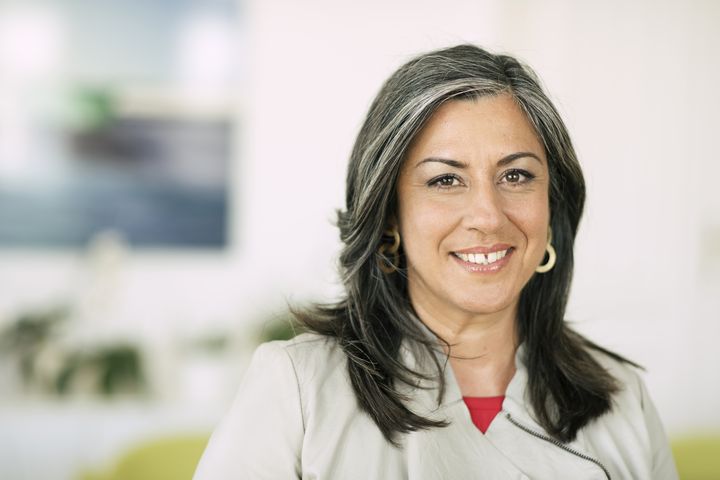
Hannes Rockenbauch
Hannes Rockenbauch
Hannes Rockenbauch's work spans urban planning, local politics, and civic activism. After studying architecture and urban planning, he taught and researched as an academic assistant at the Institute Foundations of Planning and later at the Institute of Urban Planning at the University of Stuttgart in the field of planning and participation. Since 2004, Hannes Rockenbauch has served as an elected city councilor in the Stuttgart City Council, where he is currently the parliamentary group leader of Die Linke und SÖS Plus. He became known as a leading figure in the resistance against the Stuttgart 21 rail project. In 2010, he participated in the Stuttgart 21 fact check under Heiner Geißler. To this day, he combines his role on the local council with activism in initiatives such as the “Right to Housing” action alliance and the “Free Bus and Train” initiative. Today, Hannes Rockenbauch works as a climate policy campaigner for one of Germany's largest environmental organizations, the Federation for the Environment and Nature Conservation (BUND). There, he is responsible for the BUND's Local Political Forum.
Prof. Dr. Barbara Engel
Barbara Engel was trained as an architect at Technische Hochschule (TH) Darmstadt. After graduation she was working as academic assistant at Brandenburgische Technische Universität (BTU) Cottbus. Back then she started her research about urban development in USSR and Russia and had several lectureships in St. Petersburg and Irkutsk. Parallel she founded her architectural and planning office in Berlin. She was awarded her PhD in 2004. She was teaching from 2004 to 2008 at the Technische Universität in Dresden and worked as a visiting professor at Kent State University in the US in 2007. From 2008 to 2013 she was head of the department for the inner city at the City Planning Office in Dresden.
Since 2013 she is a professor of international urban planning and design at Karlsruhe Institute of Technology. Focus of her research interests are urban developments in post-soviet territory and Eastern Europe, metropolitan areas, public spaces and science communication. Barbara Engel is a member of the chamber of architects in Berlin, SRL and DASL. Currently she is the head of the design committees in Halle and Nuremberg and vice president of the Deutsche Akademie für Städtebau und Landesplanung (DASL).
Prof. Markus Neppl
Markus Neppl studied architecture at RWTH Aachen University and was a co-founder of the student planning group ARTECTA. In 1990, together with Peter Berner, Oliver Hall, and Kees Christiaanse, he founded the firm ASTOC architects & planners in Cologne, which, with 50 employees, works on numerous urban development projects and buildings of various scales.
In 1999, he was appointed to the Chair of Urban Planning at the University of Kaiserslautern. In 2004, he received a call to the Chair of Urban District Planning and Design at the Karlsruhe Institute of Technology (KIT). In 2008, he became Dean of the Faculty of Architecture and, since 2012, has served as Dean of Studies.
Since 2006, he has been a member of the Advisory Board for the UNESCO World Heritage Upper Middle Rhine Valley. Since 2009, he has been Chairman of the Design Advisory Board of the city of Tübingen and a member of the Expert Advisory Board for Urban Quarters of the DGNB (German Sustainable Building Council, Stuttgart). Since 2010, he has been a member of the Planning and Design Advisory Board of the city of Mainz. In 2015, he became a member of the Design Advisory Board of the city of Ulm and was appointed to the Scientific Advisory Board of the German Urban Development Award.
Dr. Oliver Parodi
Dr. Oliver Parodi is a senior scientist and research group leader at the Institute for Technology Assessment and Systems Analysis (ITAS) at the Karlsruhe Institute of Technology (KIT). He leads the Karlsruhe Transformation Center for Sustainability and Cultural Change and the Real-World Laboratory "Quartier Zukunft – Labor Stadt"since 2012. Additionally, he co-directs the Karlsruhe School of Sustainability since 2010. His research focuses on real-world laboratory theory and research, transformative sustainability science (particularly in urban contexts), sustainability and culture, personal sustainability and inner transformation, and sustainable urban development. Dr. Parodi leads several key projects, including the Reflexive Real-World Laboratory for Sustainable Technology Design (RENATA) and the Cultural Laboratory Freiburg. He also co-leads initiatives such as the Ethics Code for Real-World Laboratories and the Karlsruhe Real-World Laboratory for Sustainable Climate Protection.
Dr. Claudia Schreider
Dr. Claudia Schreider is a researcher at the Institute for Technology Assessment and Systems Analysis (ITAS) at the Karlsruhe Institute of Technology (KIT). She is part of the Karlsruhe Transformation Center for Sustainability and Cultural Change, focusing on sustainable urban development and education for sustainable development. Dr. Schreider is involved in several key projects, including the Baseline Project on Sustainability, Strengthening Integrative and Effective Sustainability Research at Universities in Baden-Württemberg (SiNfo), and the Urban Research Strategy at KIT. She has been a lecturer at Hochschule Darmstadt since 2017, where she previously worked as a researcher and coordinator for the Initiative for Sustainable Development (i:ne) and the Special Research Group on Institutional Analysis (sofia). She earned her Ph.D. in law from the University of Kassel in 2018, with a dissertation on patenting in animal breeding and its implications for intellectual property and agrobiodiversity. Dr. Schreider has published on environmental law, patent law in agriculture, and sustainability research. Her work includes contributions to the Strategic Environmental Assessment in Germany and research on biopatents in animal breeding.
Dr. Peter Zeile
Dr. Peter Zeile studied spatial and environmental planning in Kaiserslautern and Vienna and obtained his diploma in 2003 with a thesis on "Bamberg 3D - The Creation of Virtual 3D City Models Using the Example of the UNESCO World Heritage Site Bamberg." He worked as a freelancer at Multimediaplan.at in Vienna and as a consulting engineer at Schildwächter Ingenieure from 2004 to 2008. Additionally, he was involved in teaching and research at the Chair of Computer-Aided Planning and Design in Architecture and Spatial Planning (CPE) under Prof. Bernd Streich at TU Kaiserslautern until 2008. Furthermore, Peter Zeile held a lectureship in the International Master of Landscape Architecture (IMLA). In 2010, he earned his Ph.D. under Prof. Streich and Prof. Neppl with a dissertation on "Real-Time Planning – The Advancement of Simulation and Visualization Methods in Urban Design Planning." From 2009 to 2014, he worked as a Senior Researcher on the DFG project "Urban Planning Method Development with GeoWeb and Mobile Computing", which examined the advancement of urban planning and spatial planning methods driven by technological innovations on the Internet. Starting in 2014, Peter Zeile became Research Director for the DFG project "Urban Emotions", focusing on the development of methods for generating contextual emotional information in spatial planning through human sensory assessment and crowdsourcing technologies in social networks. This project was conducted in collaboration with Assoc. Prof. Bernd Resch (Paris Lodron University of Salzburg) and funded in Austria by the FWF, with further cooperation from Heidelberg University, DFKI Kaiserslautern, Harvard MIT GIS Center, and the University of São Paulo (São Carlos School of Engineering). Since 2010, he has been a co-editor of the conference proceedings for "RealCORP" and is a member of the SRL (Association for Urban, Regional, and State Planning) as well as a national delegate of ISOCARP (International Society of City and Regional Planners).


